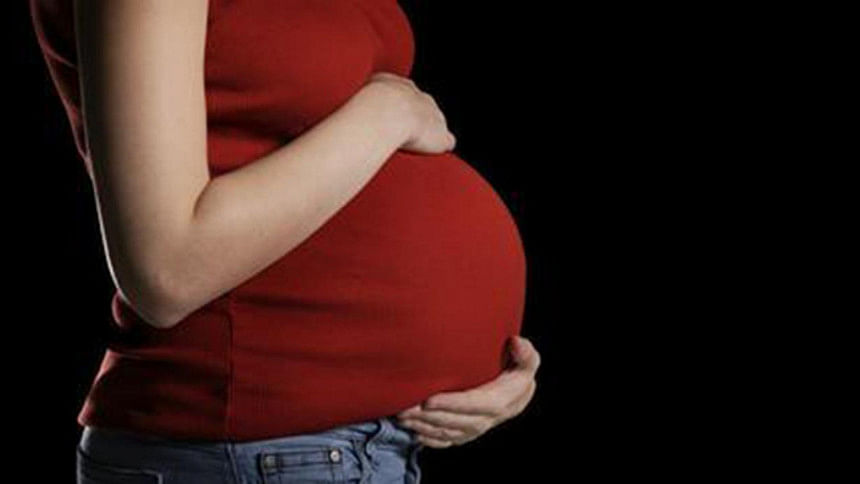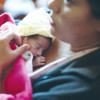Pregnancy-related conditions can increase health risks for mum, dad

New Canadian research has found that women who have diabetes or high blood pressure during pregnancy are at a higher risk of developing both of the conditions and heart disease years later, and that partners are also at an increased risk.
Previous research has already shown that women who develop either gestational diabetes or high blood pressure, also known as hypertension, during pregnancy are at risk of developing type 2 diabetes, high blood pressure or heart disease years later.
However, the new study, carried out by researchers from the Research Institute of the McGill University Health Centre (RI-MUHC), set out to understand better how gestational diabetes and blood pressure present an even greater risk when they occur together.
For the research the team gathered data from the medical records of 64,000 Quebec couples and looked at three cohorts of women: those who developed neither blood pressure nor diabetes during pregnancy; those who developed one or the other; and those who were diagnosed with both.
The team found that the risk of developing diabetes and high blood pressure post pregnancy is drastically higher if the women had both diabetes and high blood pressure during her pregnancy.
"We found quite a dramatic combined effect," said the study's senior author Dr Kaberi Dasgupta, "Having either of the conditions increased a woman's risk for diabetes in the future by 15 times. But if the woman had both of them it increased her risk of diabetes by 37 times."
A woman's risk of developing high blood pressure post-pregnancy also increased. The team found that a diagnosis of either diabetes or high blood pressure during pregnancy doubled the risk of later developing hypertension, while having both conditions during pregnancy made a mother six times more likely to develop the condition in the future.
The study also set out to look at if these pregnancy conditions increased the father's chances of developing them later in his life, as living together often means similar dietary and exercise habits, both important factors in developing diabetes and high blood pressure.
The team found that the father's risk did indeed also increase if the mother had one gestational condition, rising even higher if she has both.
"This shared risk is an important finding because it can help promote collaboration between partners to make lasting lifestyle changes in the household together," commented first study author Dr Romina Pace.
Dr Jan Hux, chief science officer, Diabetes Canada, also added that, "A mom with a new baby may not feel she has the time or energy to devote to adopting a healthier lifestyle as an effective way to reduce this risk, however the fact that her partner shares the risk may be the impetus needed for healthy changes."
The results can be found published online in the American Journal of Epidemiology.

 For all latest news, follow The Daily Star's Google News channel.
For all latest news, follow The Daily Star's Google News channel. 








Comments